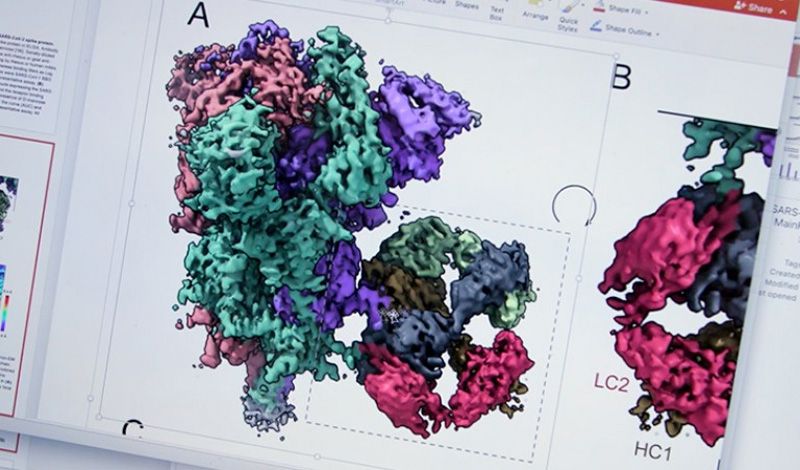“We began this work last spring with the understanding that, like all viruses, mutations would occur in the SARS-CoV-2 virus, which causes COVID-19,” said senior study author Barton F. Haynes, M.D., director of the DHVI. “The mRNA vaccines were already under development, so we were looking for ways to sustain their efficacy once those variants appeared.
This approach not only provided protection against SARS-CoV-2, but the antibodies induced by the vaccine also neutralised variants of concern that originated in the United Kingdom, South Africa and Brazil. And the induced antibodies reacted with quite a large panel of coronaviruses.
Haynes’ team – whose work is published in Nature – built on earlier studies involving SARS, a respiratory illness caused by SARS-CoV-1. The original SARS virus emerged in November 2002, lasting until May 2004, with more than 8000 cases and 774 deaths, mostly in East Asia. The DHVI team found that a person infected with SARS developed antibodies capable of neutralising multiple coronaviruses, suggesting that a pan-coronavirus might be possible.










Comments are closed.